Ah, music and bars, bars and music. They just go together. In fact, one without the other feels painfully unfinished. As a bartender of several years, you come to realize a certain auditory phenomenon: you can hear every conversation happening at the bar. Sometimes it’s a salacious tale of lovers, sometimes a business person celebrating the statistical musings of their quarterly sales report, sometimes just two friends talking shit. And those are all agreeable terms on which to pull up a stool at your local watering hole. Bars were made for shit-talk, public conversation, private conversation, catching up, first dates, breakups, business meetings, reunions.
Good hospitality from a bartender is selective listening and server-guest confidentiality. If you hear someone is getting pretty slurry, maybe it’s time to slow them down. If you hear someone is celebrating an anniversary, good or bad, maybe you help set the mood for the occasion. It’s okay for the bartender to be in the know. However, when Seat 1 can hear Seat 7 & 8’s entire conversation about their experience with digestive tract irritation while trying to enjoy their meal, it can become a burden to pick up all those stray signals.
As a patron, when I walk into a bar and the music is so quiet that I can hear a fellow guest’s conversation more readily than picking up what song is playing, I immediately feel exposed, or perhaps feel a sense of unwanted voyeurism taking place. Music should be loud enough to obfuscate private conversations, but not so loud as to block the opportunity for public mingling.
Music doesn’t just set the scene at a bar or restaurant, it also tells the listener a lot about the social and political leanings of the host. Do you play hip hop? Do you ban hip hop from your pay-to-play juke box? Do you play a wide variety of artists? Do you only play one specific genre? This is up to the host to decide, but when I walk into a restaurant or bar and hear an Erykah Badu song before I hear a hackneyed Django Reinhardt public domain hit (sorry, Django, we love you), I am instantly inclined to stay. That’s just me, and everyone likes something different. It is immensely difficult to satisfy everyone; even impossible some might say. Therein lies the crux of why getting the music right in a hospitality setting can be such a daunting task. When you play something you signal some folks to settle in deeper, while simultaneously pushing some out of their comfort zone. You must be aware of the power of music.
Self-Awareness, Variety, Consistency.
Simply being aware that your music choice sends a message is the first step. Try playing Latinx music, try playing American hip hop, try playing afro-beats. You don’t have to stick to Frank Sinatra’s greatest hits or uplifting piano covers of Beatles’ standards to create a safe space for everyone. BUT, if you are going to play a variety of different styles, make sure you group them and create a transition. Nobody wants to hear a playlist with Pet Sounds and Kind of Blue on shuffle.
So, sounds like a lot of Do’s and Don’ts, yeah? Pretty overwhelmed? Fear not! This is why a little vocation has come about in the past century or so of recorded music that we call a “DJ.” This “DJ” is a real, live person who makes all these choices for you. They can even gauge the audience's response to their musical selections and correct stray vibes, keeping your guests in their seats longer, and putting more money into your till.
There are, of course, legal licensing obstacles and DJ budgets or lack thereof which affect how freely we go about playing music in our establishments. I do not wish to oversimplify the task at hand. But simply put, being aware of your music as a curation urgency and not an afterthought can be the non-verbal invitation a guest needs to feel comfortable.
by Jack Neiweem



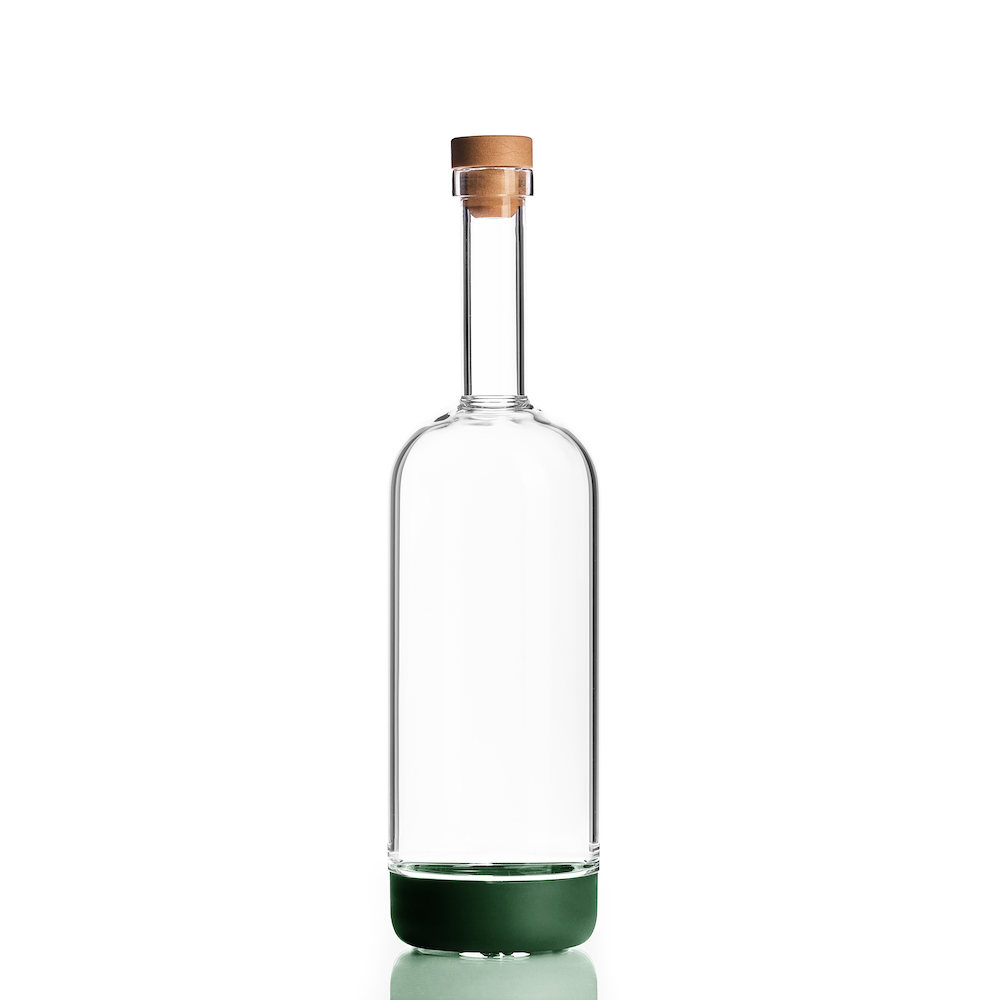





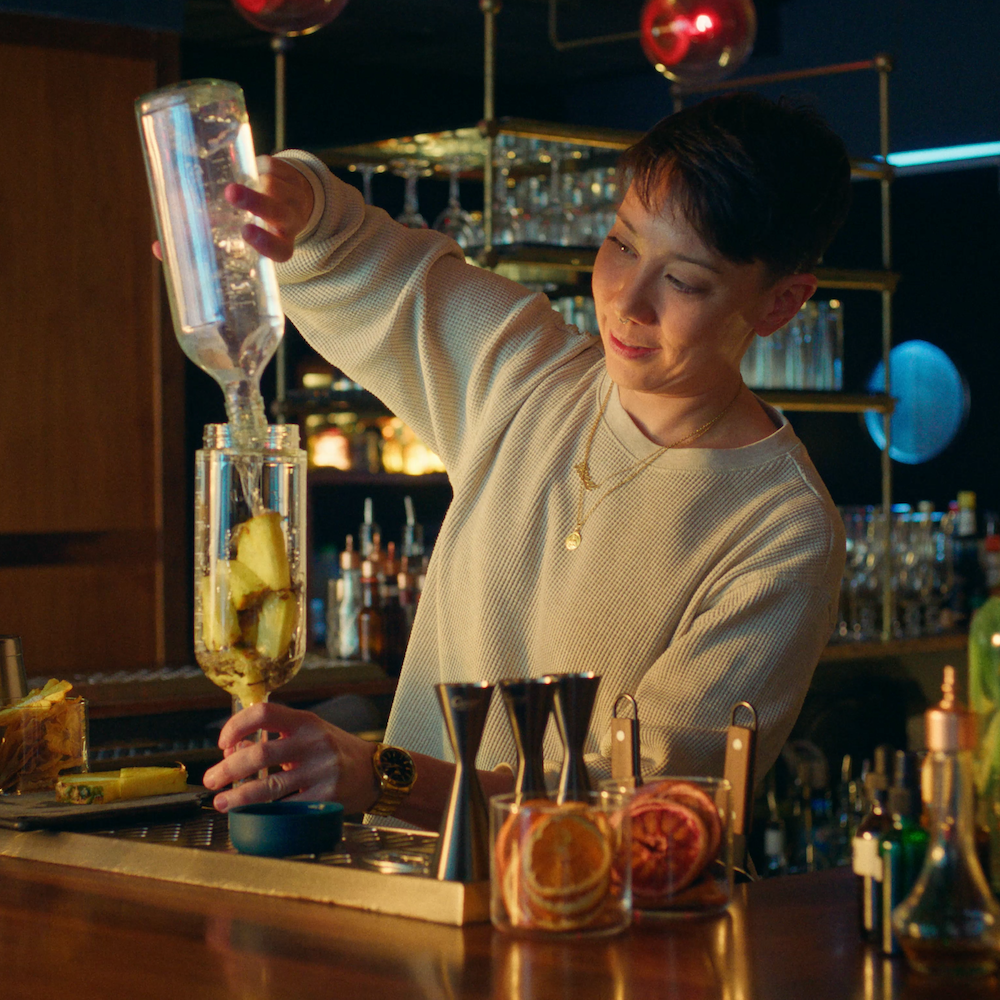
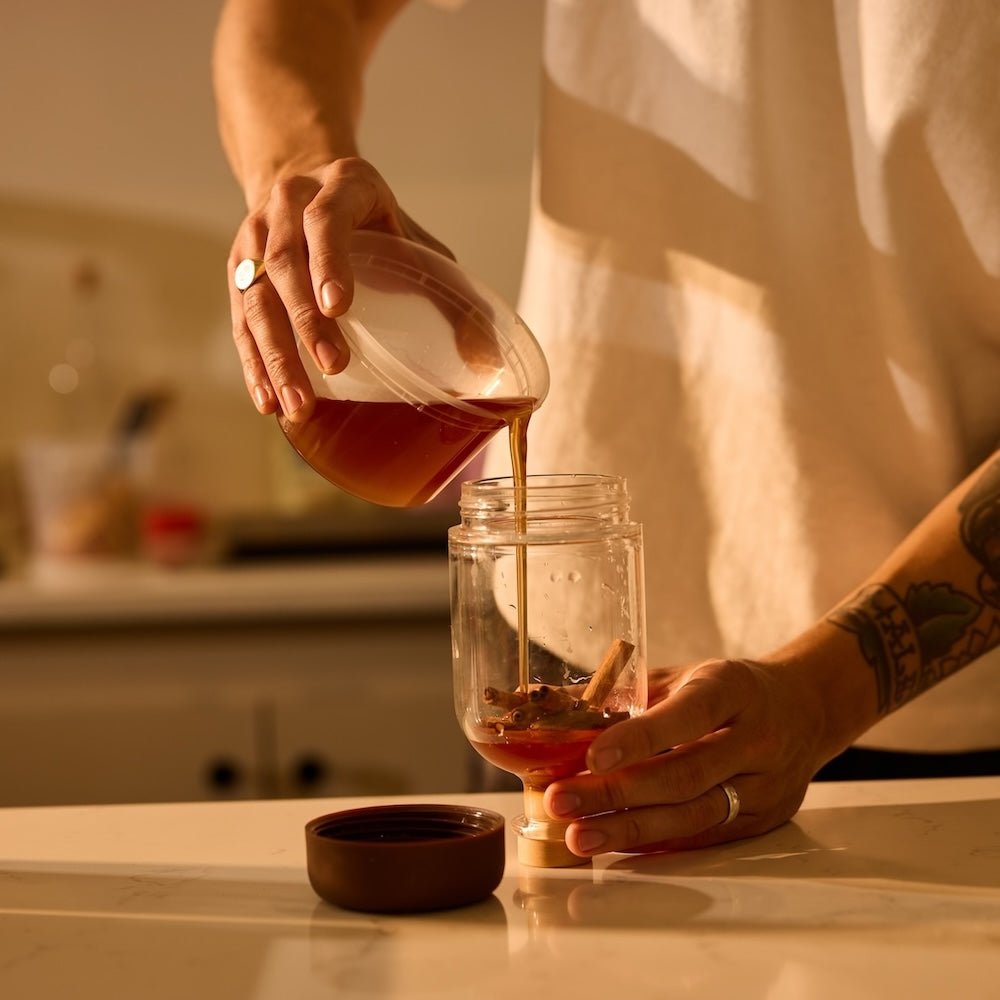
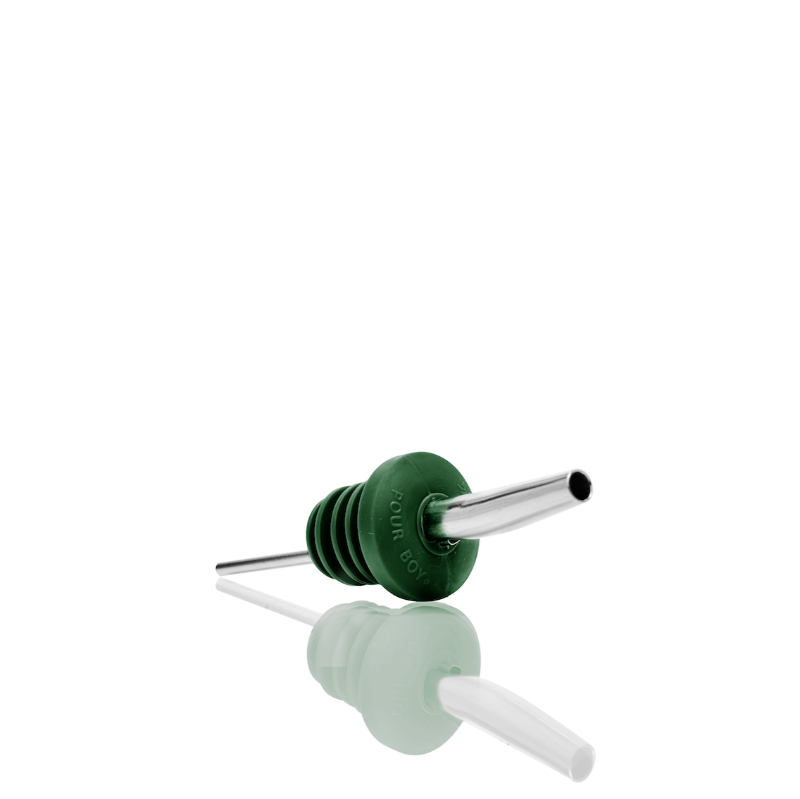


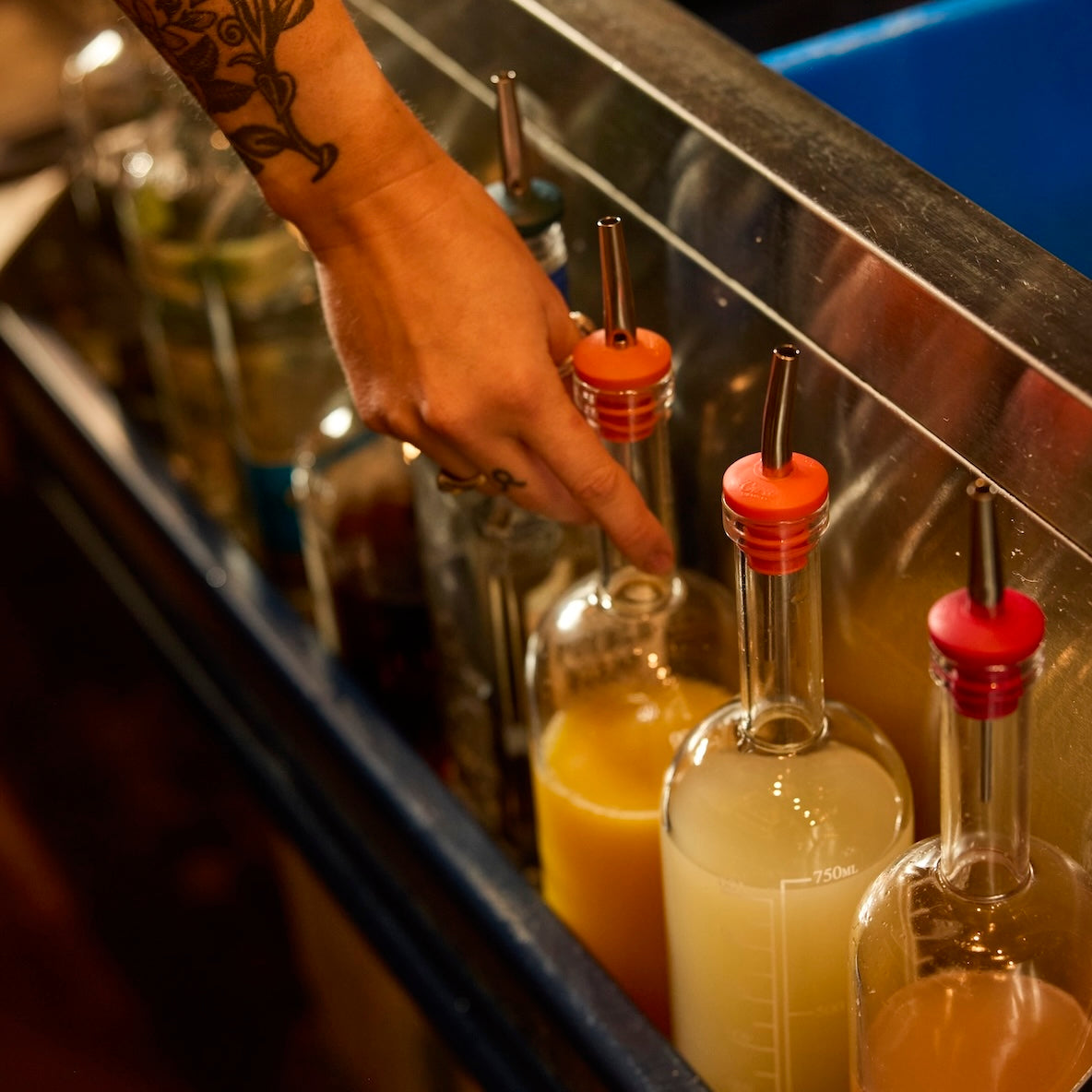
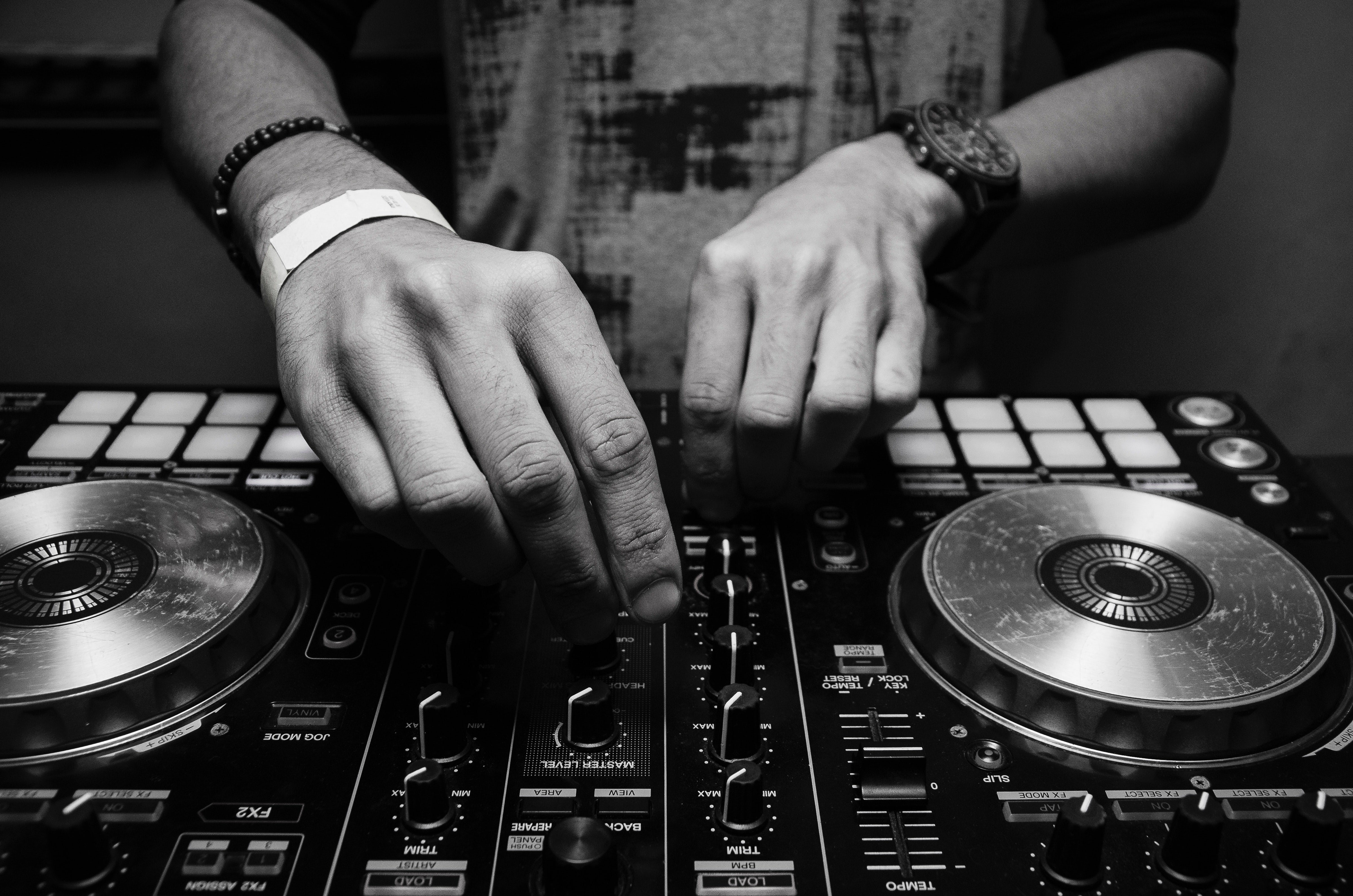
Share:
How to Drive More Bar or Restaurant Traffic with SEO
The Hidden Costs of Well Spirits